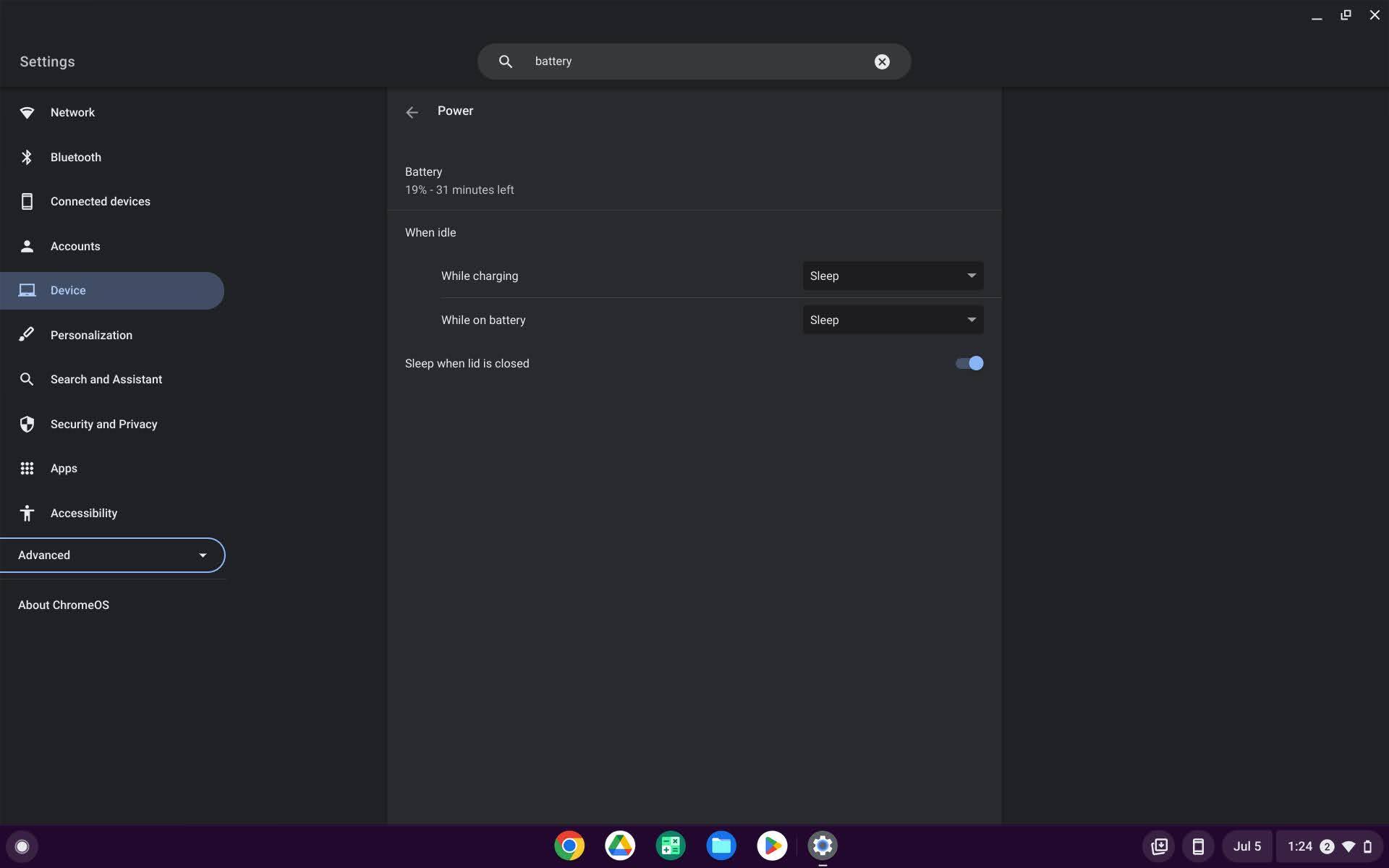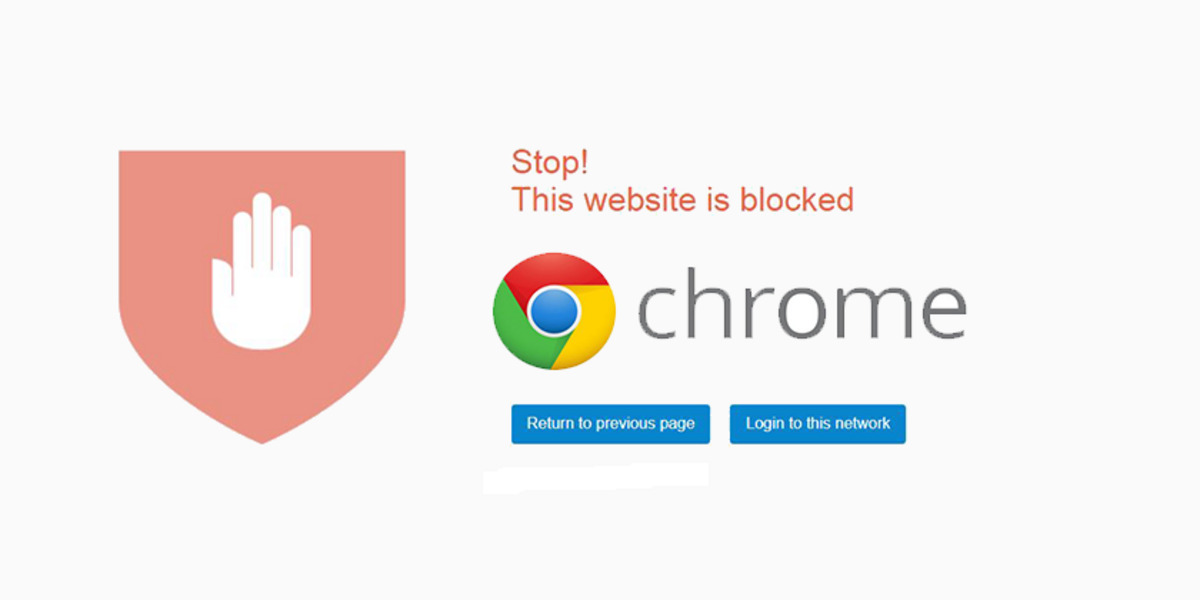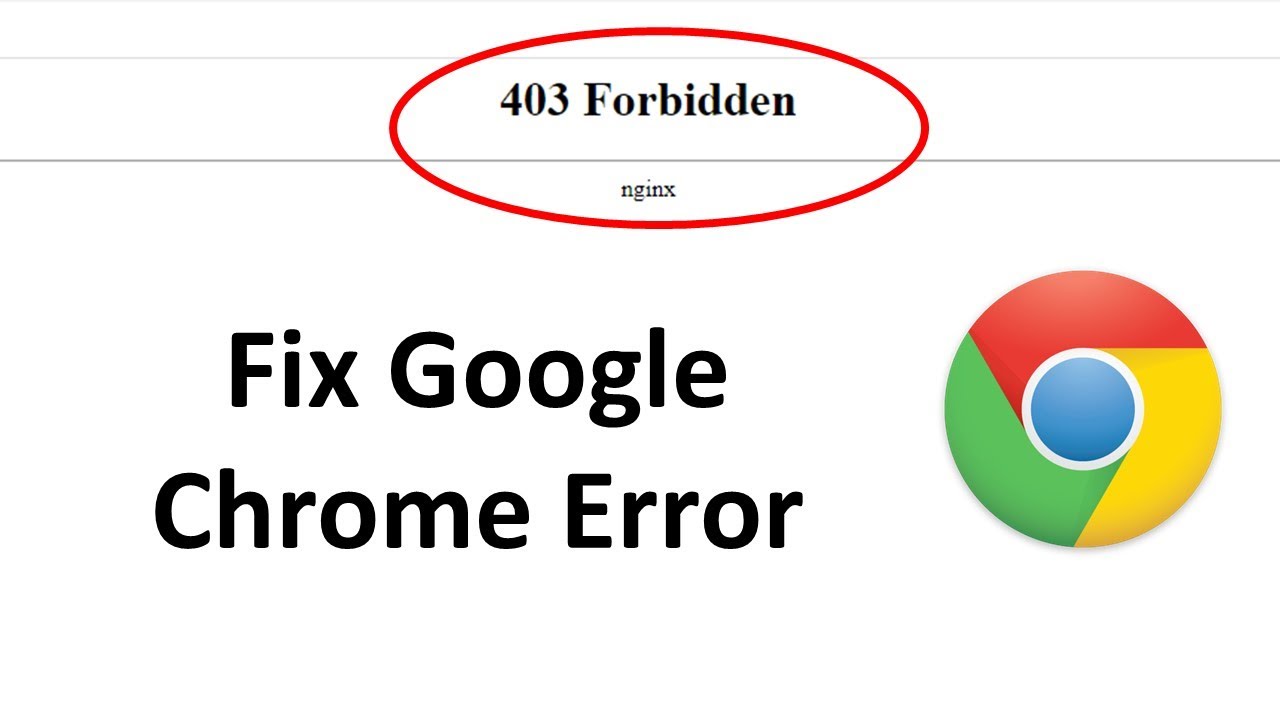Common Causes of Chrome Shutting Down
When your Chrome browser unexpectedly shuts down, it can be frustrating and disruptive to your workflow. Understanding the common causes behind this issue can help you troubleshoot and resolve the problem effectively. Here are some prevalent reasons why Chrome may be shutting down:
-
Excessive Browser Extensions: Chrome's extensive library of extensions is one of its most appealing features. However, having too many extensions installed can lead to conflicts and instability, causing the browser to shut down unexpectedly.
-
Outdated Browser Version: Using an outdated version of Chrome can result in various performance issues, including sudden shutdowns. It's crucial to keep your browser updated to benefit from the latest stability and security improvements.
-
Incompatible Software: Certain third-party software installed on your system may conflict with Chrome, leading to unexpected shutdowns. This can include antivirus programs, system optimization tools, or other applications that interfere with Chrome's operation.
-
Corrupted User Profile: Over time, your Chrome user profile may become corrupted due to various factors, such as software conflicts or storage issues. A corrupted user profile can cause the browser to shut down unexpectedly.
-
Insufficient System Resources: Running Chrome alongside resource-intensive applications or with multiple tabs open can strain your system's resources, potentially leading to browser shutdowns, especially on devices with limited RAM.
-
Malware or Adware: Infections from malware or adware can compromise Chrome's stability and cause it to shut down unexpectedly. It's essential to regularly scan your system for malicious software to prevent such issues.
-
Hardware Issues: In some cases, hardware-related issues, such as overheating or faulty RAM, can manifest as Chrome shutdowns. These issues may not be directly related to the browser but can impact its stability.
Understanding these common causes can help you identify the underlying issue when Chrome shuts down unexpectedly. In the following sections, we'll explore effective troubleshooting methods and preventive measures to address these issues and ensure a smoother browsing experience.
How to Troubleshoot Chrome Shutting Down Issues
When faced with the frustrating issue of Chrome repeatedly shutting down, it's essential to employ effective troubleshooting methods to identify and resolve the underlying causes. Here are some practical steps to help you troubleshoot and address Chrome shutdown issues:
-
Disable Browser Extensions: Start by disabling all browser extensions and then gradually re-enable them one by one. This process can help identify if a specific extension is causing the shutdowns. If you notice that Chrome remains stable after disabling a particular extension, consider removing or updating it to prevent further disruptions.
-
Clear Browser Cache and Cookies: Accumulated cache and cookies can sometimes lead to browser instability. Clearing these temporary files can help resolve performance issues and unexpected shutdowns. To do this, go to Chrome's settings, navigate to the "Privacy and security" section, and select "Clear browsing data."
-
Update Chrome: Ensure that you are using the latest version of Chrome. Updating the browser can address known bugs and vulnerabilities that may be contributing to the shutdown problem. To check for updates, click on the three-dot menu in Chrome, go to "Help," and select "About Google Chrome."
-
Create a New User Profile: If the issue persists, creating a new user profile in Chrome can help isolate problems associated with the existing profile. To create a new profile, go to Chrome's settings, click on "People," and select "Add person."
-
Scan for Malware: Perform a thorough scan of your system using reputable antivirus or anti-malware software. Malware or adware infections can compromise Chrome's stability, leading to unexpected shutdowns. Removing any detected threats can help restore the browser's performance.
-
Check System Resources: Monitor your system's resource usage while Chrome is running. Task Manager (Windows) or Activity Monitor (Mac) can provide insights into CPU, memory, and network usage. High resource consumption may indicate underlying issues that need to be addressed.
-
Reinstall Chrome: If all else fails, consider reinstalling Chrome to ensure a clean installation. Before doing so, make sure to back up your bookmarks, passwords, and other essential data. Uninstall Chrome through the Control Panel (Windows) or Applications folder (Mac) and then download and install the latest version from the official website.
By following these troubleshooting steps, you can systematically identify and address the factors contributing to Chrome shutdown issues, ultimately restoring stability to your browsing experience. It's important to approach each step methodically and observe the browser's behavior to pinpoint the root cause of the problem.
Tips for Preventing Chrome from Shutting Down
Preventing Chrome from shutting down unexpectedly involves implementing proactive measures to maintain the browser's stability and performance. By adopting the following tips, you can minimize the likelihood of encountering disruptive shutdowns and ensure a seamless browsing experience.
1. Manage Browser Extensions
Regularly review and manage your installed browser extensions. Limit the number of active extensions to essential ones that add tangible value to your browsing activities. Periodically assess the necessity of each extension and remove any that are redundant or no longer in use. This practice can reduce the potential for conflicts and instability arising from an excessive number of extensions.
2. Keep Chrome Updated
Stay vigilant about keeping Chrome up to date with the latest releases. Regular updates often include bug fixes, security patches, and performance enhancements that can address underlying issues contributing to unexpected shutdowns. Enabling automatic updates for Chrome ensures that you benefit from the most recent stability improvements without manual intervention.
3. Monitor System Resources
Be mindful of your system's resource usage, especially when running Chrome alongside other applications. Keep an eye on memory and CPU usage to identify any resource-intensive processes that may impact Chrome's stability. Closing unnecessary background applications and tabs can alleviate strain on system resources, reducing the likelihood of browser shutdowns.
4. Implement Security Measures
Maintain a robust security posture by utilizing reputable antivirus and anti-malware software. Regularly scan your system for potential threats to safeguard against malware or adware that could compromise Chrome's stability. Additionally, exercise caution when installing third-party software to minimize the risk of inadvertently introducing harmful programs that may impact browser performance.
5. Clear Browsing Data Regularly
Frequently clear your browsing data, including cache, cookies, and browsing history, to prevent the accumulation of temporary files that can contribute to browser instability. Chrome's built-in clearing tools allow you to selectively remove specific types of data, promoting a cleaner browsing environment and reducing the likelihood of unexpected shutdowns.
6. Optimize System Performance
Take steps to optimize your system's performance, such as ensuring adequate free disk space, managing startup programs, and performing regular system maintenance. A well-maintained system can contribute to a more stable browsing experience, minimizing the impact of underlying system-related issues on Chrome's performance.
By incorporating these preventive measures into your browsing routine, you can proactively mitigate the risk of Chrome shutting down unexpectedly. Cultivating a proactive approach to browser maintenance and system management can significantly enhance the stability and reliability of your Chrome browsing experience.

























